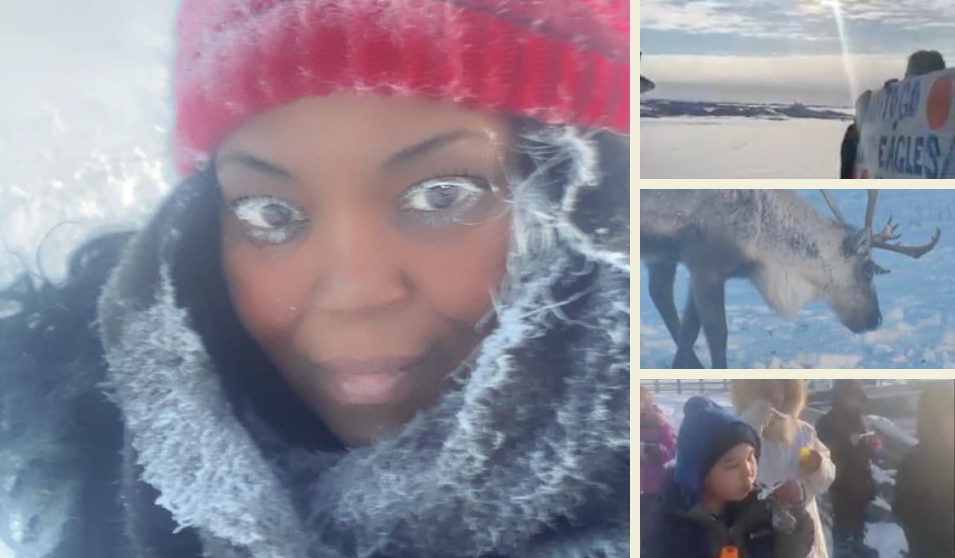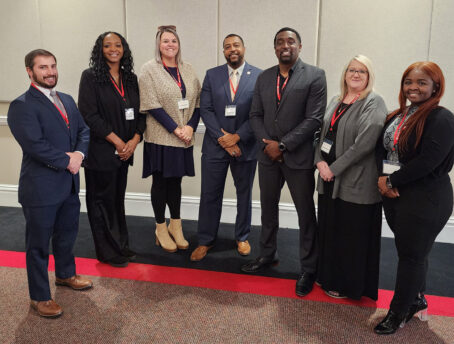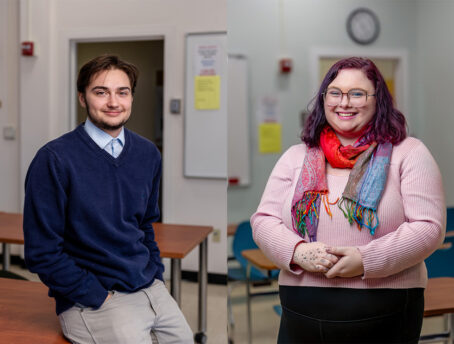This story came from our I Am A Rural Teacher group on Facebook. Join in and collaborate with other teachers around the globe!
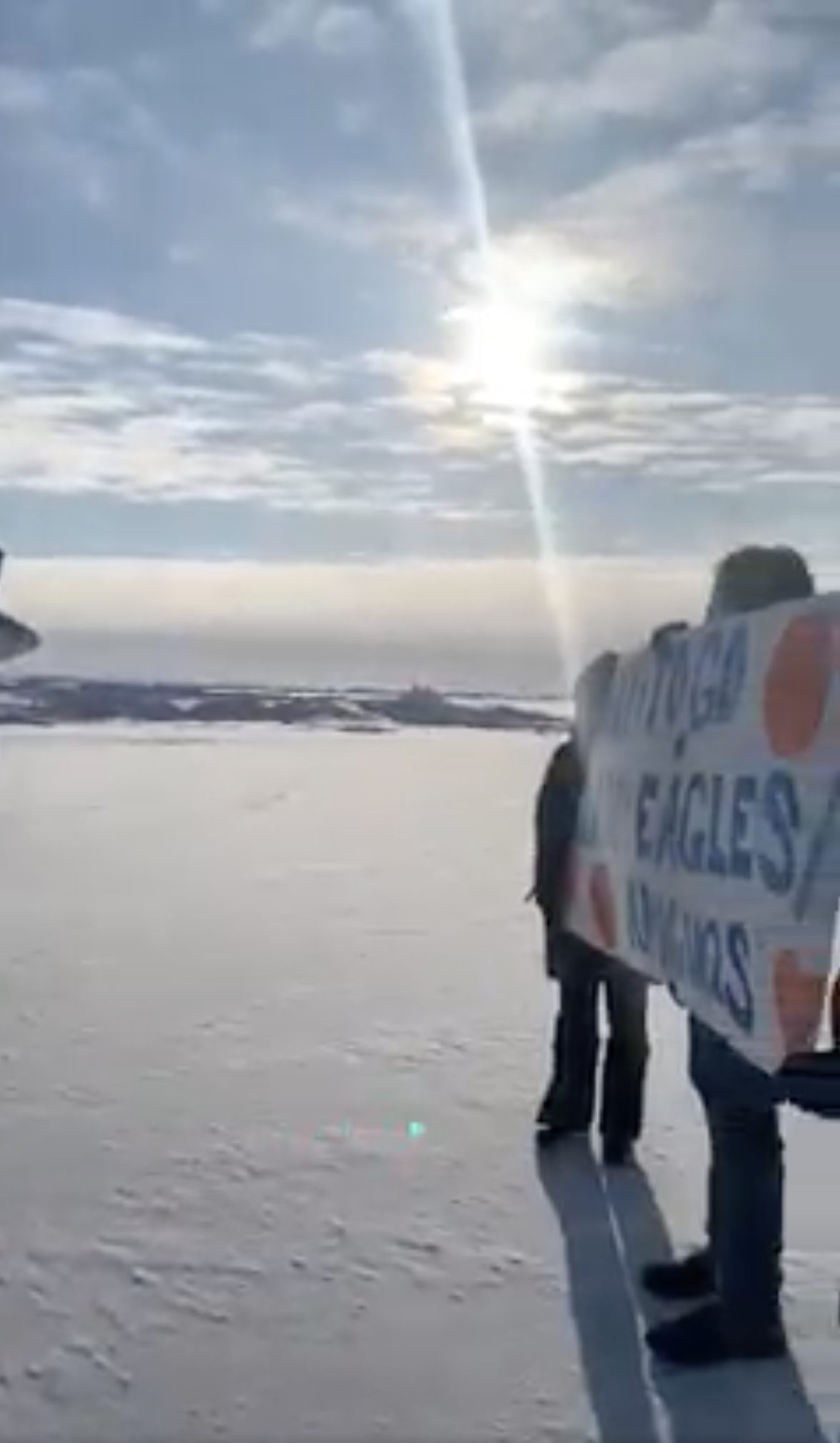
Rural communities are often intertwined with powerful histories and unique landscapes. This is certainly true in Atqasuk, Alaska, where Robbin Perkins Askew teaches in the northernmost school district in the United States. Here, indigenous traditions thrive and children walk through blizzards to go to school. We interviewed Robbin about her experience teaching in this rural - and remote - village, and why she continues to teach rural.
Robbin was first interested in teaching because of the support she received as a student.
“I come from a family of educators, so I was always in a classroom setting. It was something I was always interested in just by observing my mom and just seeing, not so much the teaching side of it, but all the other things. I was a teen mother, and so many teachers rallied around me and made sure that I was not going to be a statistic. Teaching…of course it was about the academics, but it also was about taking a kid aside and making sure that they had socks or making sure they ate or making sure their home life was okay. I kind of liked that part of it and so that kind of sparked my interest, and I knew that I wanted to do that for students.”
She started out teaching in the urban setting of Dallas, but quickly realized she wanted more out of her education career for herself and the students she served.
“Your more city settings, your more suburban settings, you're kind of boxed in as a teacher. Rural schools, you got to do the things that teachers did when my mom was teaching and when other people in my family were teaching. You got to be more personal, you got to get to know your students and their families, and you got to actually do the work of, not just the academic work, but helping them to improve their life overall. So that's what kind of guided me to be rural.”
For Robbin, the most shocking and inspiring aspect of her placement in Alaska was its terrain.
“When I see this place, I am just in awe at how physically beautiful it is. There is snow and ice for miles, and it is the quietest, most serene place that you will ever see. They always say when you move to Alaska you're going to experience this long, dark winter, but until you experience stepping outside and it being negative 70…that was a huge adjustment.”
She admits that the weather wasn't the only thing she had to adjust to, but that she found the school culture quite different as well:
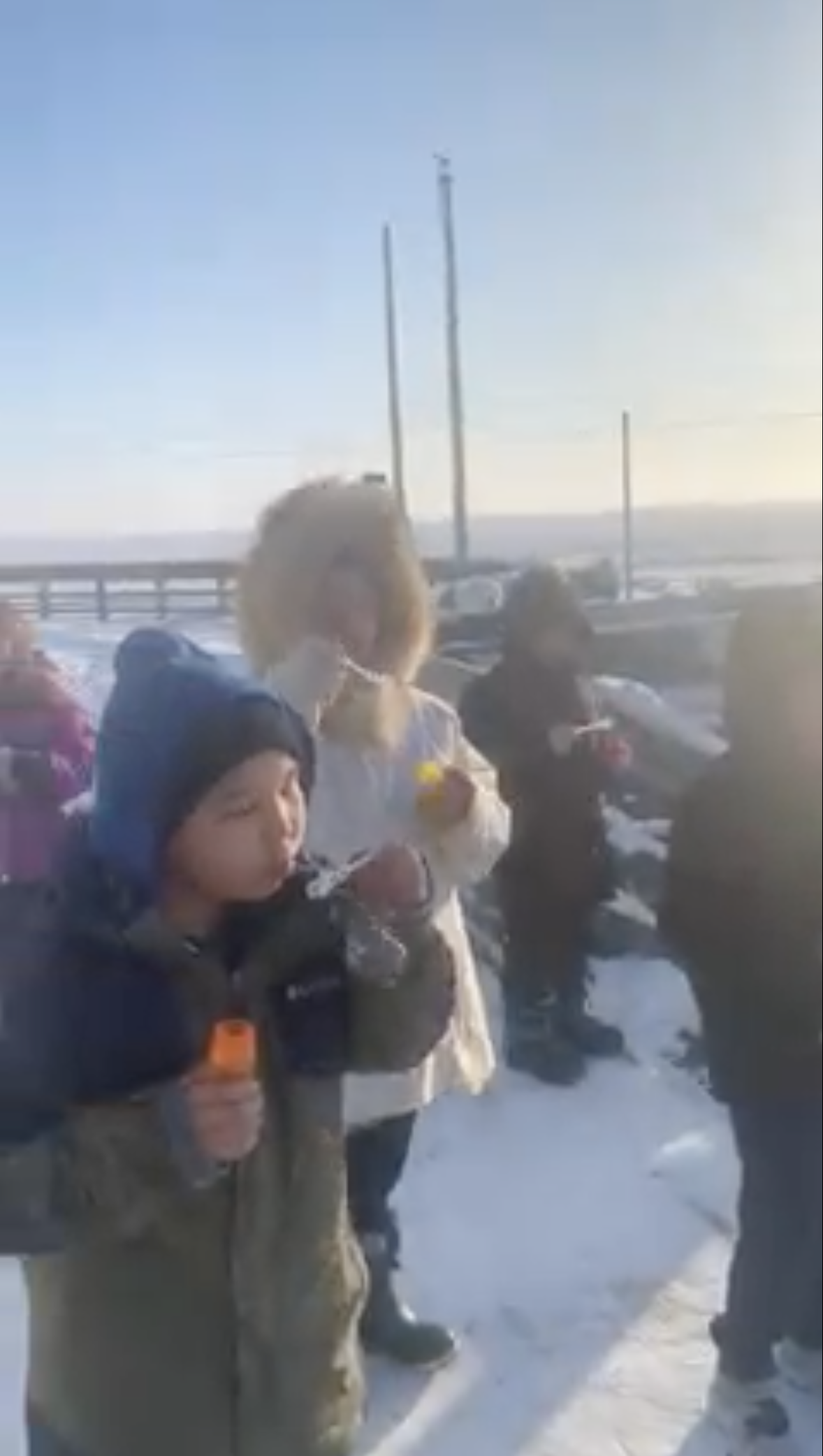
“The students here, across the grades and across the ages, are very quiet. School is regarded as something that is so important, and that you need to be quiet so you can learn is kind of drilled into the students. I think the way the students, and the population in general here, live is beautiful. Just because it doesn't fit into the construct that we have of what a successful student looks like, that doesn't mean it's not successful.”
“When you can see them outside of the classroom when you can see them playing, it's like a whole different kiddo! They want to have fun with you because they do understand, ‘Now school is ended, and now you can do the fun stuff with us. Hey teacher, we're sliding down the hill, do you want to slide down the hill with us?”
As in many rural places, the school in Atqasuk is the hub of the community. However, their school building houses much more than the average school.
“The school is the center for everything, and our students have access to the school essentially until 10 pm. All huge functions for the most part, whether those be the good functions or unfortunately things like funerals, it all takes place at the school setting. We have a community store inside of our school, and that is where your sports take place. There's a huge tech gap here, and so this is where people can come and get in contact with family members they might have elsewhere. Not all students here have continuous electricity, so this is the one place that you are going to be warm. We have showers there because there's times when students don't have water, and so you can come and wash your clothes, or you can come and take a shower, and you know that you're going to be safe. If you are a teacher, because you're a part of the school, by default you become part of that safe place.”
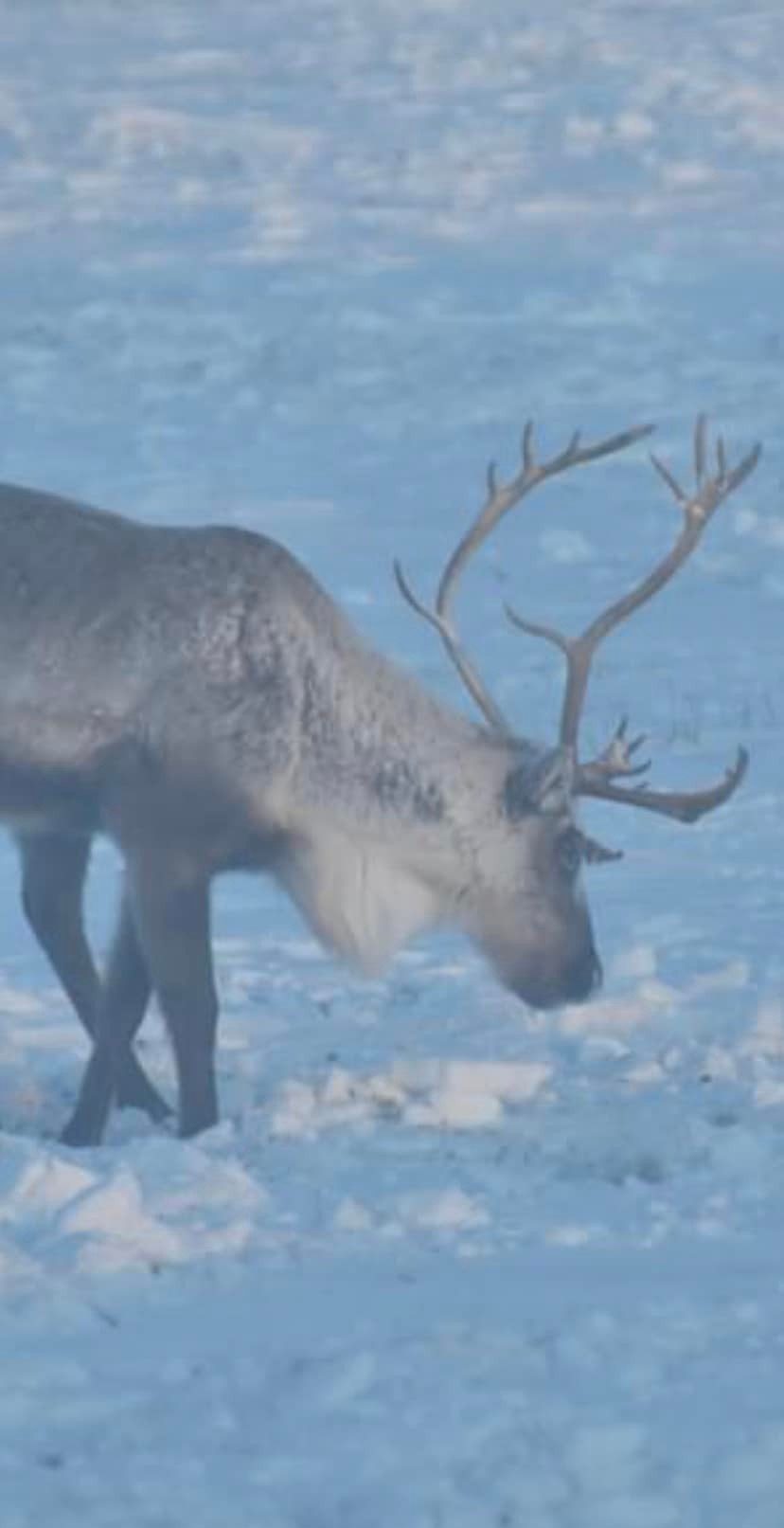
Considering the school’s small staff of eight, the teachers become integral members of the community. However, this can prove challenging in the face of the rural teacher shortage.
“In quite a few rural locations, there's a huge turnover. A huge issue here is that people can't bond, or students don't bond with teachers here, because the turnover rate is just astronomical. They want to know that you will be there, so we have parents who are involved. When they know they can trust you, there's a bit of a gradual release that you see; ‘I know that my child is okay because I have entrusted them to this person.’”
Another huge challenge for the village is internet access. This became especially apparent as COVID swept through the community and people were unable to gather - even virtually.
“We struggle with broadband, because the weather is just atrocious, so there is a big push for us to improve that. I know things are in the works for them to lay down a dedicated line. COVID was a struggle for all schools across the board, but it was unique in this place because with it being a village, and a lot of times in the family settings you might have 14 people in one household, it went through the village quite quickly. There was no other option but to shut down. There were two separate shutdowns where we made packets, but of course that's not always effective when most of your parents do not have access to transportation.”
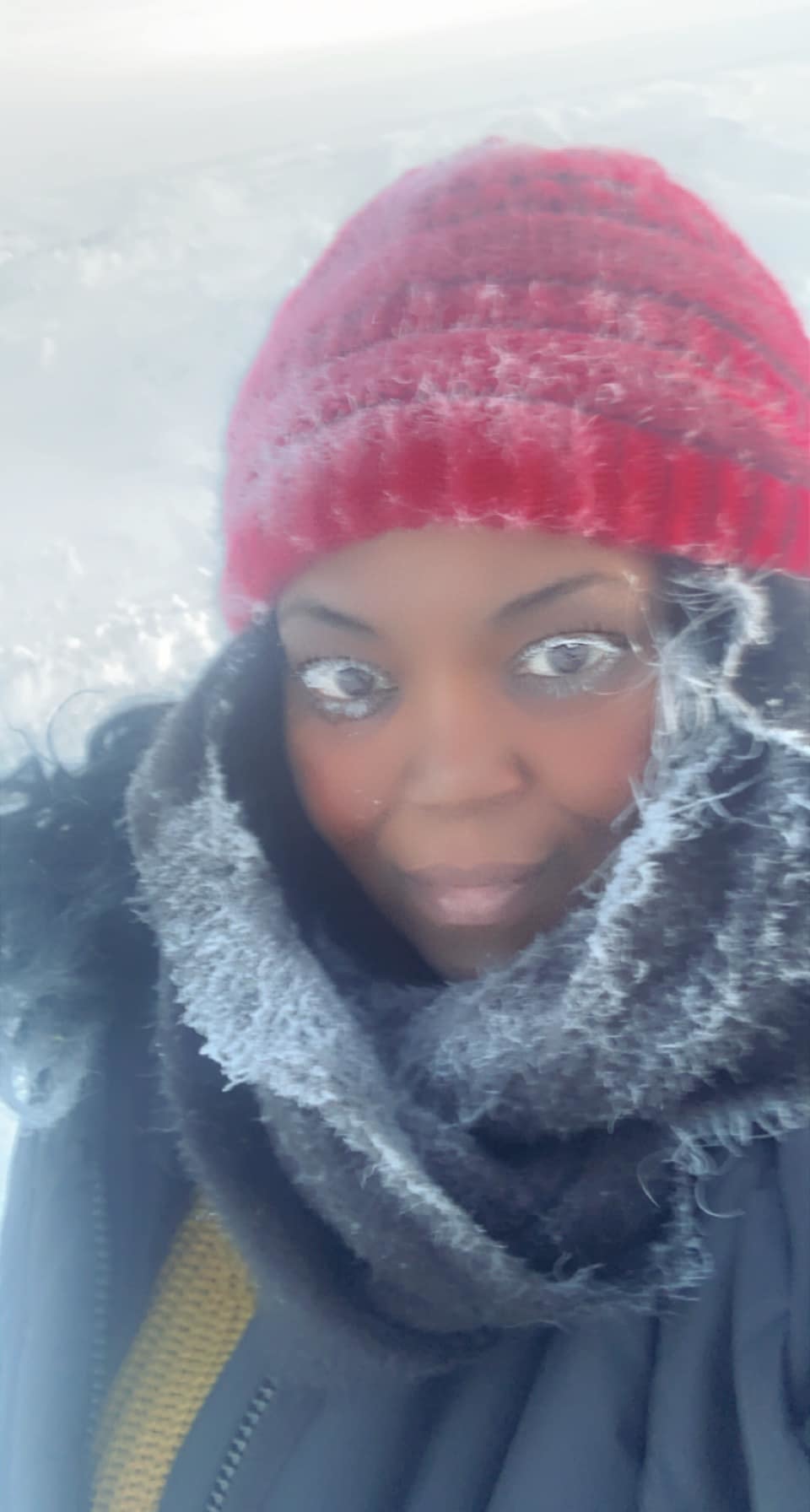
An indigenous community, Atqasuk proudly carries forward the knowledge and traditions of their ancestors, and this culture is closely integrated in classroom learning.
“There's a lot of things here that are unique that you can just bring into lessons. They teach me more, I think sometimes; what snow is “good ice” versus “bad ice,” they know about the migration of animals, they know these things and that is so important. Place-based learning is using what's around you because this is where you're going to be."
“We do have elders who come to the school and teach, which is very, very important here. They fear that some of the cultural norms and traditions are slowly dying, and so it's important to make sure that their children have those things. The respect for elders here is just overwhelming. Bringing in elders who can talk about skin sewing, who can talk about native foods, who can talk about the spiritual aspects that are very important in this community, that's way more important, way more valuable to these students.”
Reflecting on her 11 years in education, Robbin had the following advice for any early-career educators or those interested in teaching in a rural place.
“Count the cost before you begin this journey. I'm sure you've heard this a million times, but it's so much more than just a profession. It is definitely a calling. If you don't look at it as a calling, then that's where you see teachers fall away. But if there's something in you that's going to compel you to stay the course, then you'll be able to. I would advise any teacher who is just really experiencing burnout that this has been a savior for me. This option of being in a rural place has restored my faith in what my calling and purpose is.”
We are grateful to Robbin for sharing her story with us about her experience as a teacher in rural Alaska. If you would like to share 30 minutes of your time for an interview, please reach out to us at info@ruralschoolscollaborative.org. The I Am A Rural Teacher campaign is a collaborative effort with the National Rural Education Association and made possible through a grant from the Bill & Melinda Gates Foundation.

